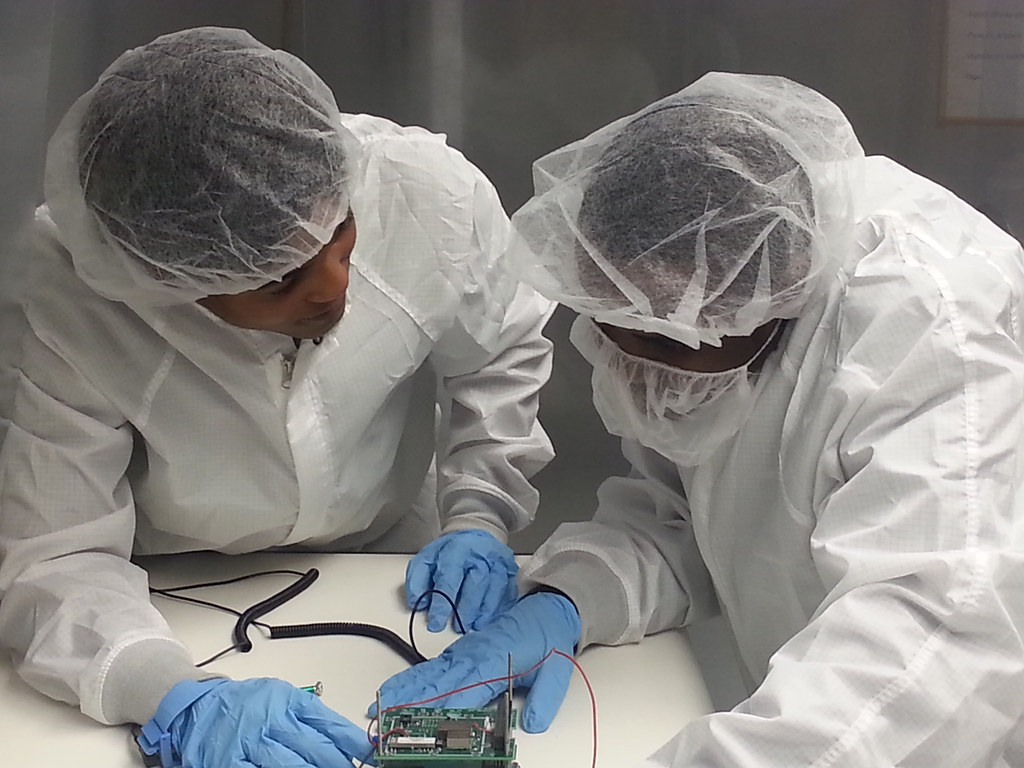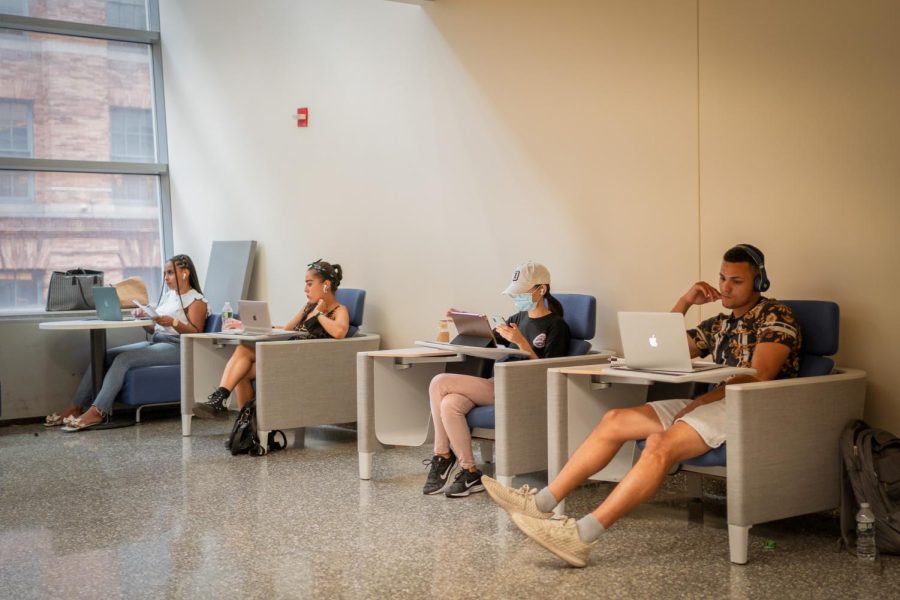The establishment of the CUNY School of Medicine as New York’s first medical school since 1860 marks a pivotal moment in the state’s medical education landscape. However, there are serious questions about long-term credibility.
Building on the 50-year legacy of the Sophie Davis Program, the institution stands out for its focus on affordability, accessibility and diversity. It offers a pathway to medicine for students traditionally shut out of the field. Its unique offerings, including a holistic admissions process that does away with the MCAT, make it a game-changer.
The medical school’s program admits students from underserved communities without the traditional MCAT hurdle. While this expands access, the school must ensure that graduates are competitive in a healthcare environment where standardized benchmarks remain critical.
Comparisons to institutions like NYU Grossman and Albert Einstein College of Medicine highlight both promise and challenges; while CUNY Med offers affordability and accessibility, its trajectory will depend on how well its graduates perform relative to their peers in research and clinical practice.
Interestingly, CUNY School of Medicine’s approach diverges from that of the CUNY School of Law, which emphasizes public interest law. CUNY Med’s comprehensive focus on MDs, MS programs and its top-ranked Physician Assistant studies suggests a broader ambition: to serve diverse healthcare needs across New York.
This flexibility may position CUNY School of Medicine as a leader in addressing physician shortages and health equity issues.
To thrive, CUNY School of Medicine must strive to balance its innovative admissions policies with rigorous academic standards. Skeptics may question whether omitting the MCAT compromises quality, but if CUNY Med delivers well-prepared graduates, it could set a national precedent for reimagining medical education.
As the institution grows, time will tell if it has the potential to stand shoulder-to-shoulder with elite medical schools.












